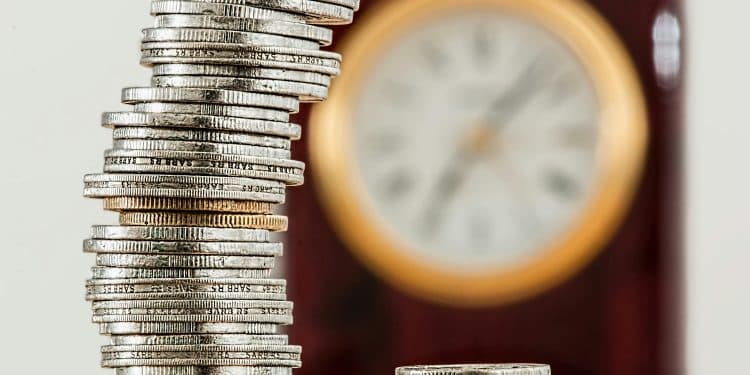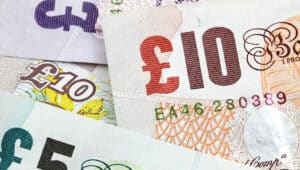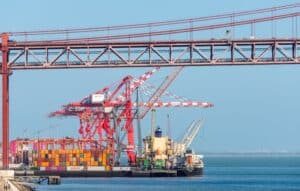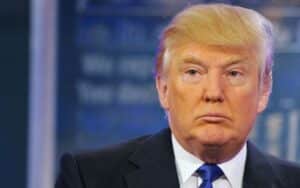Economist gives ‘flip side’ of view promoted at Davos by European Commissioner
In spite of the strong words delivered yesterday by European Commissioner Ursula von der Leyen at the World Economic Forum in Davos, Portuguese economist João Duque does not see the EU as an economic heavyweight, beating the United States in many key aspects.
Speaking today to Portuguese business leaders in Alcobaça, Leiria, he gave a more sober picture of the economic situation, both here and across the wider European community.
He maintains that Europe is growing below the major economies of the United States and China – and this will bring increased challenges for all businesspeople in Portugal in 2025.
It is all about “waiting to see the Trump effect on the markets”, the professor from the Higher Institute of Economics and Management (ISEG) explained.
João Duque is one of the country’s most respected economists; frequently cited by media outlets. He was speaking to the Portuguese Business Association of the West (AIRO) about the economic and financial outlook for 2025.
Duque said he expects”the Portuguese economy will continue to grow at a higher rate than in 2024″, possibly exceeding 2%, and that there will be no problems “in terms of employment variables”, with the business community continuing “to absorb those who enter the labour market”.
The economist also predicts that interest rates will fall, “but not as sharply as expected, nor as rapidly”, arguing that it all depends on the ‘Trump effect’ – particularly in terms of inflation in the United States and inflation in Europe, “which is a little resistant to falling”.
“The expectation of what may be the development of inflation in the United States, which will then lead to a decision by the US Central Bank on interest rates, ends up delaying what was planned for Europe,” he added, explaining that the “forecast weakening of the Euro on the money market brings with it the problem of being able to import inflation into the EU in this way,” since many raw materials are priced in US Dollars.
Emphasising that the weakening of the Euro “is often welcomed by exporters, because their products are cheaper on entering the US market”, the big question will be whether or not the US imposes tariffs which “will erode this competitive advantage”.
Two days after Donald Trump took office as president of the United States, Duque is of the opinion that the dust needs to settle before there can be any kind of clear view of the impact on the Portuguese market of what is happening across the Atlantic.
The US “is already the most important market outside Europe for the export of goods” from Portugal, so it is very much a ‘keep those fingers tightly crossed’ moment – albeit Duque accepts there could well be a ‘trade war’ with the US, to add to the one already hotting up with China.
With a degree of diplomacy, Duque referred to Donald Trump as a “born negotiator”, likely “to make a lot of noise (…) a lot of demands, but, like any negotiator, willing to compromise” – particularly on pledges “that seem absolutely impossible, like, for example, expelling 22 million illegals”…
Assuming that 50% of America’s ‘illegal immigrants’ are “working and integrated”, Duque does not see it making any sense to “send away 11 million people” as this will have an impact on American companies themselves – and the President will need them on his side.
There are equally fears of ‘thousands of Portuguese nationals’ among the millions of undocumented people living in America. Reports have suggested that many of them will have emigrated from the Azores, which is now putting together a contingency plan in case hundreds of Portuguese are suddenly ‘returned’.
natasha.donn@portugalresident.com
Source material: LUSA/ Público



















